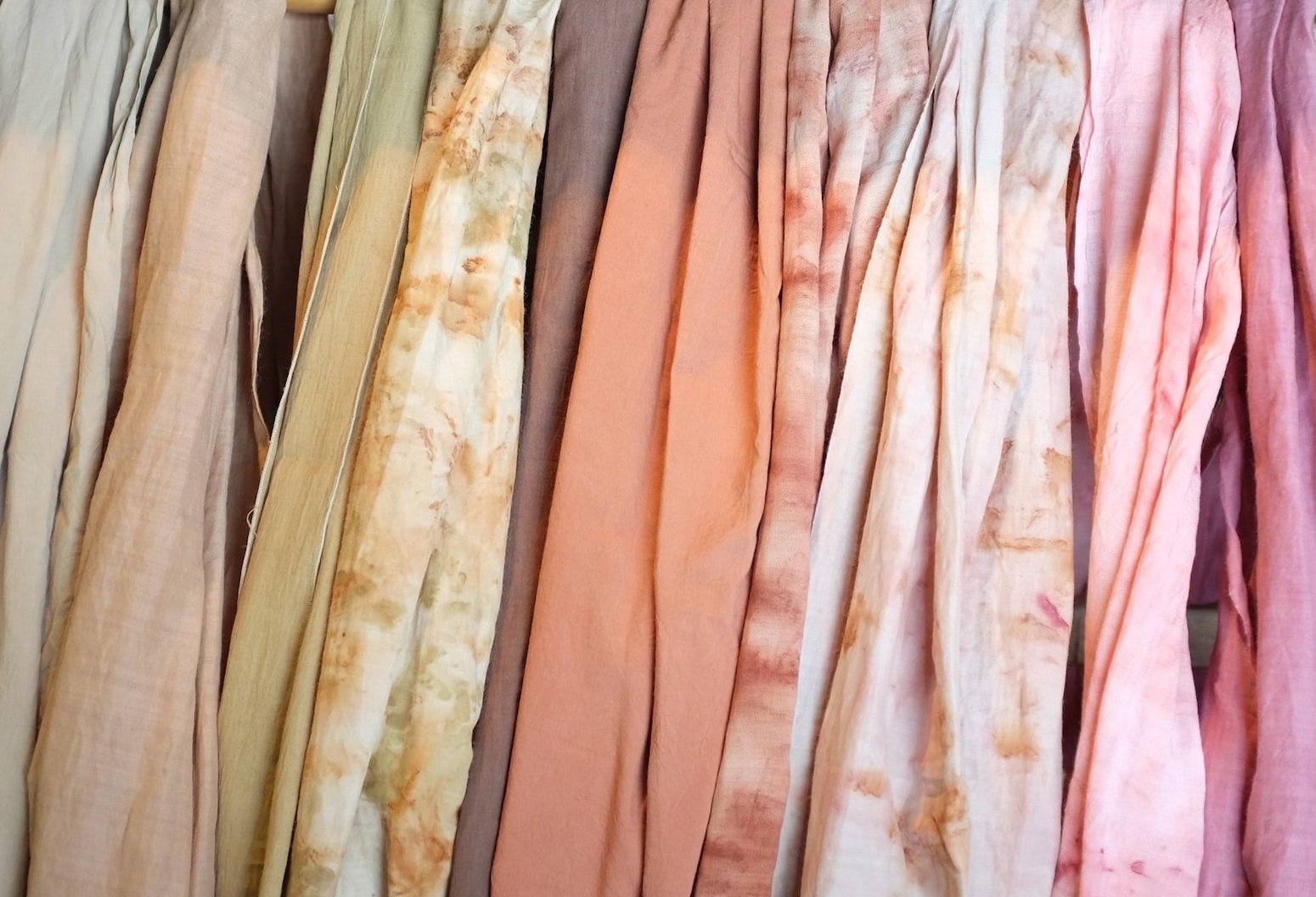By understanding the impact of conventional clothes, and the benefits of organic clothes, you may make more conscious and better-informed choices about what they wear, and the production and disposal of clothes.
What are Organic Clothes?
Organic clothes are clothing items that are made from materials that were grown without the use of synthetic pesticides, fertilizers, or genetically modified organisms (GMOs). The materials used in organic clothing are typically grown using sustainable farming methods and are often produced in a way that is more environmentally friendly than conventionally grown materials. Organic clothes are also often made using natural dyes, which are less harmful to the environment than synthetic dyes.

Organic clothes are preferred for babies for several reasons:
-
Health and safety:
Babies have sensitive skin and can be more susceptible to rashes and other skin irritations caused by chemicals in conventional clothes. Organic clothes are made without the use of harmful chemicals, making them a safer option for babies.
-
Comfort:
Organic clothes are usually made from natural fibres which are breathable and soft, making them comfortable for babies to wear.
-
Environmental impact:
The production of conventional clothes often involves the use of synthetic pesticides and fertilizers, which can be harmful to the environment. Organic clothes are produced using sustainable methods that are better for the environment, which is particularly important for babies as their health could be affected by environmental factors.
-
Durability:
Organic clothes are more durable as compared to non-organic clothes, they also have a long life and withstand everyday wear and tear and can be passed on to other babies, thus reducing overall textile waste.
-
Overall better choice:
Choosing organic clothes for babies is a way of making a more conscious and better-informed choice about what babies wear and the impact it has on the environment, health and animal welfare.

Win Over Synthetics
Conventional clothes are often treated with chemicals during production, such as formaldehyde and heavy metals, which can be harmful if they come into contact with a baby's skin. Synthetic fabrics can trap heat and sweat, creating a breeding ground for bacteria and fungal infections, which can cause rashes and other skin irritations for babies. Some synthetic fibres like polyester can cause allergic reactions in babies. These clothes may contain flame-retardant chemicals which have been linked to cancer and hormonal disruptions, these chemicals are not safe for babies to be in contact with. Synthetic fibres take longer to decompose (almost forever) and also pollute the environment, when not disposed of properly. It's important to be aware of the potential risks of synthetic clothes and to choose organic alternatives whenever possible.


